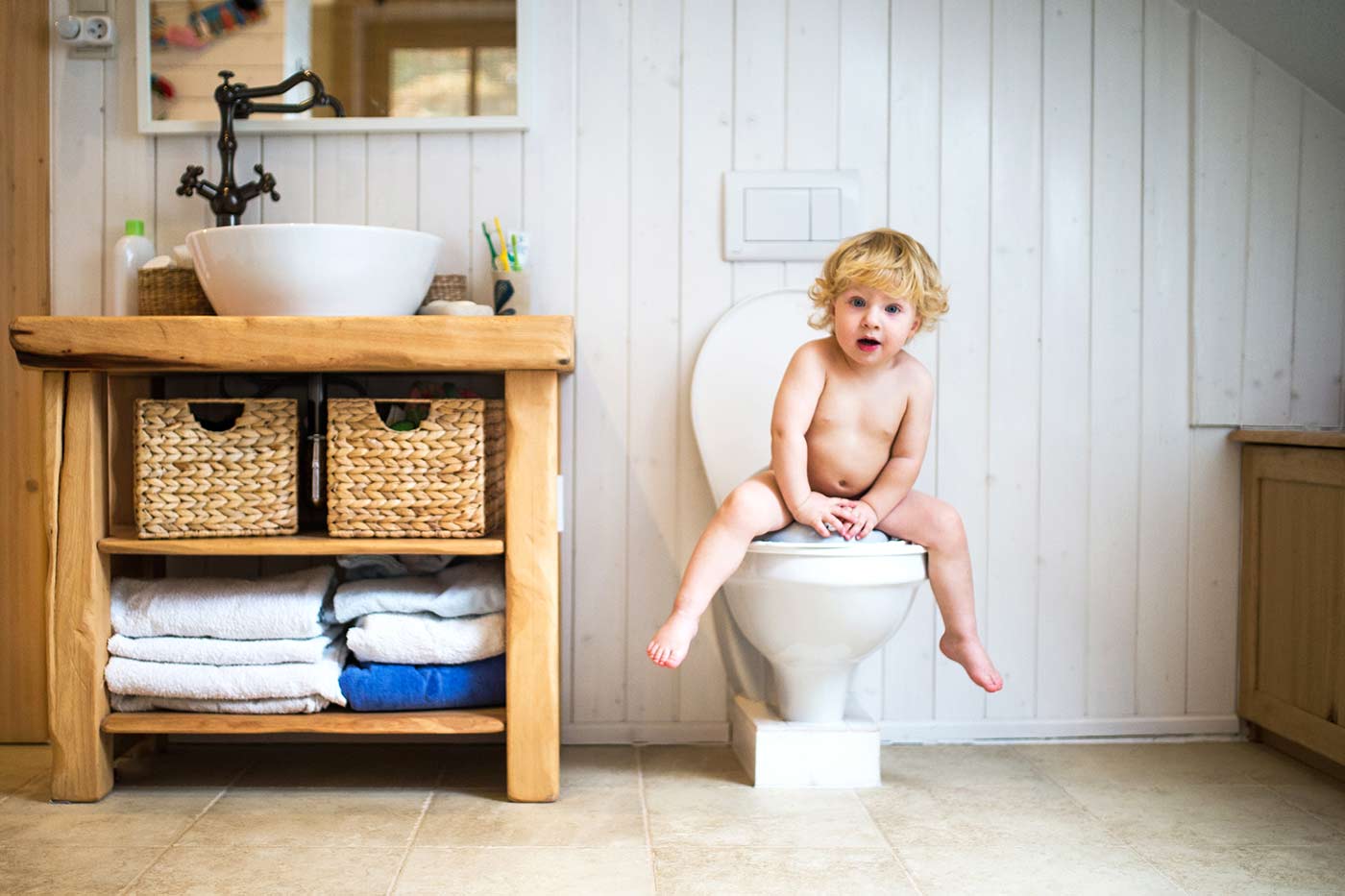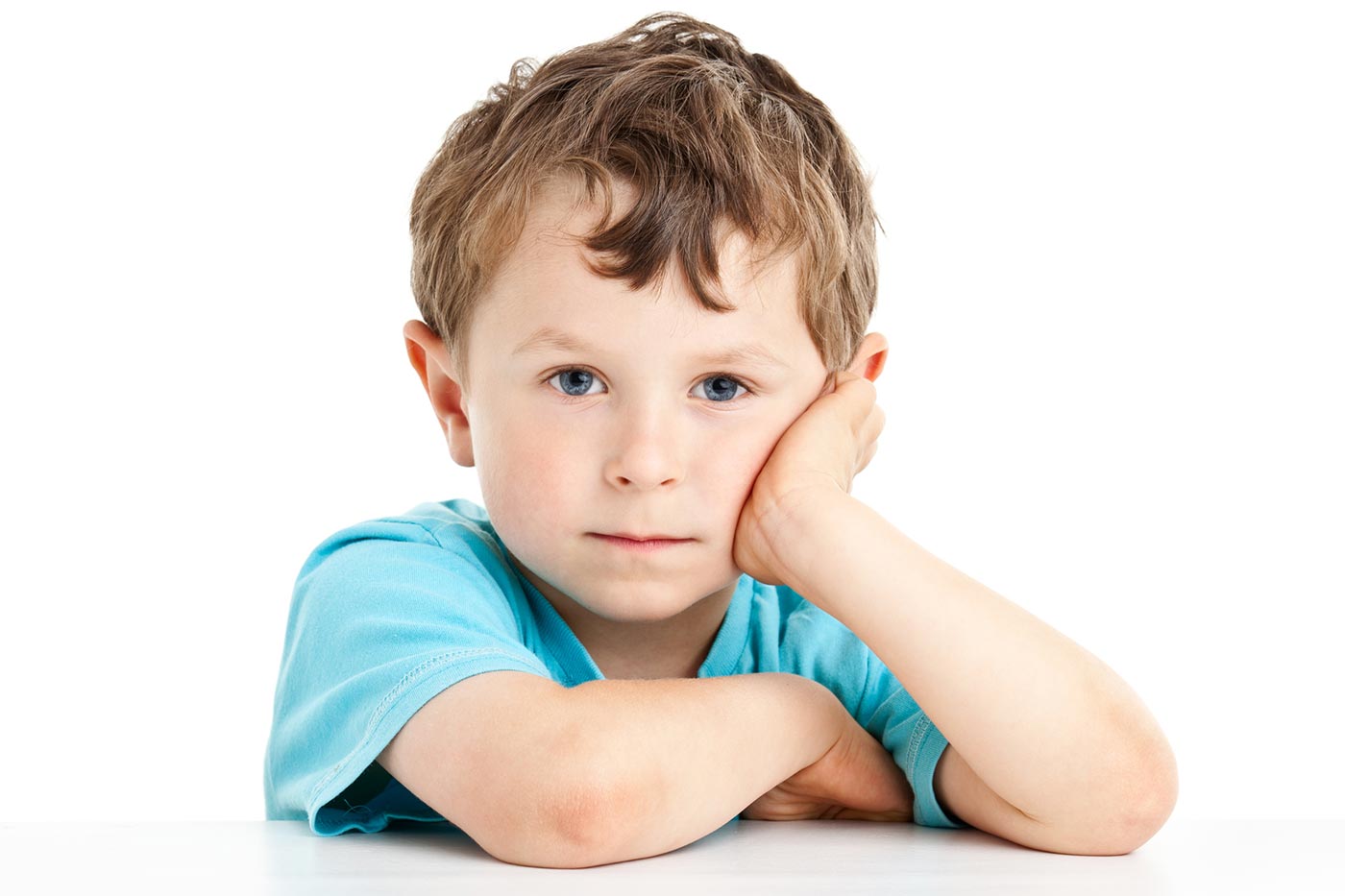How to Overcome Your Child’s Potty Training Resistance
Are you struggling with potty training resistance? In this article, I’ll walk you through exactly how to get your child to finally use the potty, even if it feels like you’ve tried everything.

What do you do when you know your child is physically able to potty train but absolutely refuses to?
My 3 year old wouldn’t potty train, whether I would actively encourage it or leave it be for weeks on end. He’d ask for a diaper and would get mad when I said we didn’t have any left. He vowed never to pee or poop again and didn’t want to drink a lot of water or even juice.
I knew this wasn’t about readiness so much as a power struggle he was unwilling to lose. Knowing that was the reason, I steered course and approached potty training in a different way—one that finally convinced him to ditch diapers once and for all. Take a look at these tips and see if they can work for you, too:
Table of Contents
If you hear a cry, then retry
It may seem odd that the first tip I offer about potty training is, well… to stop doing it. Particularly, if your child cries about it.
You see, one of the reasons potty training feels so difficult is because we have zero control over whether our kids will do it or not. While we can control what they eat and where they sleep, we can’t physically make them pass a bowel movement.
So, if your toddler refuses to sit on the potty without crying, let it go. If he has a meltdown because you so much as suggested going to the bathroom, try again down the line.
Don’t talk about potty training for a week or two, and not because you hope that he’ll take to it after a brief break. Instead, see his frustration as a clear sign that it’s not yet time to potty train.
Only retry if you can bring it up without eliciting a tantrum. This doesn’t mean he has to be chipper and eager about it—he may still feel nervous and cautious—but he shouldn’t have a meltdown at the mere mention of it. Once you have a willing participant, then give it a go.
Free email course: Want to potty train without the power struggles? Join my free 5-day email mini-course, Peaceful Potty Training! No more putting unrealistic deadlines on your child or using rewards that eventually fizzle. Sign up for the mini-course today. You’ll also get my newsletters, which parents say they LOVE:
“It’s incredible how you nailed it. You’ve given me many things to work through from now on. Thank you very much.” -Gabriel G.
Ditch diapers completely
Here’s the truth: Your child will have a difficult time using the potty when he knows that he still has diapers “just in case.” Imagine going on a diet knowing that you have cookies stashed in the cupboard. The same is true with potty training.
Let’s say he’s willing to give potty training a go and isn’t crying about it. Let him know that starting tomorrow, you’ll put the box of diapers away and start using undies. Don’t keep using diapers until the box runs out as that will only prolong the inevitable and make him feel anxious about when that day will come.
Given that you’re ditching diapers completely, clear your calendar and stay home for the most part. Consider potty training in three days, where you keep him bare-bottom at home to better connect the sensations of his bowel movements to the need to use the potty. Truly commit to going diaper-free so that there are no mixed messages.
Now, what about naps and bedtime? Kids aren’t able to potty train for sleep the way they can when they’re awake, so this is the one exception where he can use an overnight pull-up. Otherwise, stay bare-bottom at home for a few days and use undies the other times.
Expert tip
To drive the point home that there are no more diapers other than for sleep, buy a different brand of diapers or pull-ups to use at night and for naps. You might even show him the box and how they’re designed for when he’s sleeping, not when he’s awake. That way, he’s less likely to assume that he can simply use the overnight pull-ups besides for sleep.

Stop relying on rewards
Typical parenting advice tells us to entice kids to use the potty by giving them rewards like stickers, candy, and toys. This seems to “work,” especially at the beginning when the novelty of these treats is enough to convince them to give it a go.
But after a while, these rewards start to sizzle, and you’re left with a 4 year old who poops in his pants and doesn’t seem to care one bit. This is why I’m not a fan of giving rewards for potty training, at least typical ones that rely on external benefits and are unsustainable in the long run.
The next time you start potty training, ditch rewards completely and focus more on the internal benefits and sense of pride he feels for doing a good job.
The first place to turn to is your very own praise. Describe the steps he has taken and the progress he has made (more on this later). Thank him for going to the bathroom when you asked him to and, of course, for peeing and pooping in the potty.
If you want to use rewards, use those that tie naturally to the potty training process (stickers and candy have little to do with it, after all). For instance, new undies can be an incentive to ditch diapers. Let him know that you have more time to play since you didn’t have a mess to clean. Or you can even get him a new toy, explaining that the money you would’ve spent on diapers was used on a new stuffed animal instead.

Offer choices
Instead of rewards, offer choices. You see, part of your child’s resistance to using the potty could stem from a loss of control. You pretty much make many decisions for him, from what to eat to when he sleeps. After a while, this can wear down on him to the point where he’ll simply refuse anything just to stand his ground.
To help him regain a sense of control, offer choices about using the potty. This can also encourage him to follow through with his choices since he’s the one who made them.
You might say, “Do you want to use the floor potty or the toilet seat attachment?” Or “Which undies do you want to wear—the red one or the green one?”
Expert tip
Stick to only two choices. Any more than that and he’ll get overwhelmed into indecision. And both choices should be parent-approved—you should be okay with either one he chooses.
Praise progress, not perfection
Praise your child not just for peeing and pooping in the potty, but for the progress he makes as well. Imagine a basketball coach who doesn’t say a word of encouragement unless the player makes a shot.
Yes, the ultimate goal is for your child to use the potty, but it takes many steps to get there. Thank him for telling you that he had to pee, even if he didn’t make it in time to the potty. Let him know that he sat on the potty for a full 10 minutes, even if he had his clothes on the whole time.
Praise him for any steps he takes that goes above his comfort zone, even if it’s not outright peeing and pooping in the potty. This lets him know that this is the behavior you want to keep seeing and that he’s on the right track to the ultimate goal.
Don’t burden your child with your emotions
Potty training resistance can get worse with the way we react to our kids. Think about all those times you’ve lost your temper, which can make using the potty a bigger deal than it needs to be.
But beyond getting angry, think about your choice of words. For instance, do you say that diapers are for babies or that he’s too old to be using them? This could bring shame where there should never be. Do you sigh in exasperation when accidents happen or guilt him into believing that diapers are costing you an arm and a leg?
Despite his tantrums and outbursts, he doesn’t want to disappoint or anger you. Watch what you say and how you say it. This doesn’t mean that you need to be chipper about accidents or happy when he adamantly refuses to sit on the potty. At the most, keep your reaction neutral and matter-of-fact.
Frequently asked questions
Several reasons contribute to your child’s resistance to potty training. The first is that potty training has become a power struggle, one that elicits a strong response from you. Losing your temper feeds into her resistance more than if you responded in a neutral, matter-of-fact way.
A second reason is that potty training is new and unfamiliar. We all harbor a fear of change and the unknown. Consider how strange it can feel to sit when she was able to go in her diapers anytime, anywhere. Potty training is like saying goodbye to a familiar part of her life.
Lastly, she may have grown disinterested in the rewards you had given, like stickers and candy. Relying on external aids can eventually lose its pizazz. This is why it’s important to promote an internal sense of pride or a natural incentive to using the potty.
One sign your child is resisting the potty is if he asks for a diaper. He’s aware of the urge to pee or poop but prefers to use a diaper and not the toilet.
He might also withhold his bowel movements until he’s able to wear a diaper (for instance, for nap time). This means that he has the capacity to hold, instead of just going anytime.
Sometimes, kids will hold their bowels until they know they’re going to get a pull-up for sleep. See if he truly did this on purpose or whether he went while he was asleep. You can usually tell it was done on purpose because it happens right after you put him down.
If so, enlist his help in cleaning up the mess, like having him toss the pull-up or plop the poop into the toilet. That way, he’s involved in the natural consequences of his choices. Or let’s say you spent 20 minutes cleaning up his poopy pull-ups at nap time. Explain that you’ll now have to spend 20 minutes less time playing at the park later in the day.
Then, continue being consistent with using undies instead of diapers during his time awake.
The bottom line
Potty training resistance is never fun for either parent or child. Hopefully, you learned a few tricks to help your child take to finally using the potty—all without power struggles.
Get more tips:
- How Many Potty Training Accidents Are Normal?
- How to Handle Your 3 Year Old Wetting Their Pants During the Day
- 6 Signs Your Child Is Not Ready for Potty Training
- Is Your Toddler Afraid to Poop in the Potty? 7 Tricks You Can Try
- When to Stop Potty Training and Wait
Don’t forget: Join my newsletter and sign up for the free 5-day email mini-course, Peaceful Potty Training below—at no cost to you:

